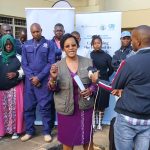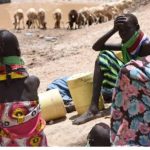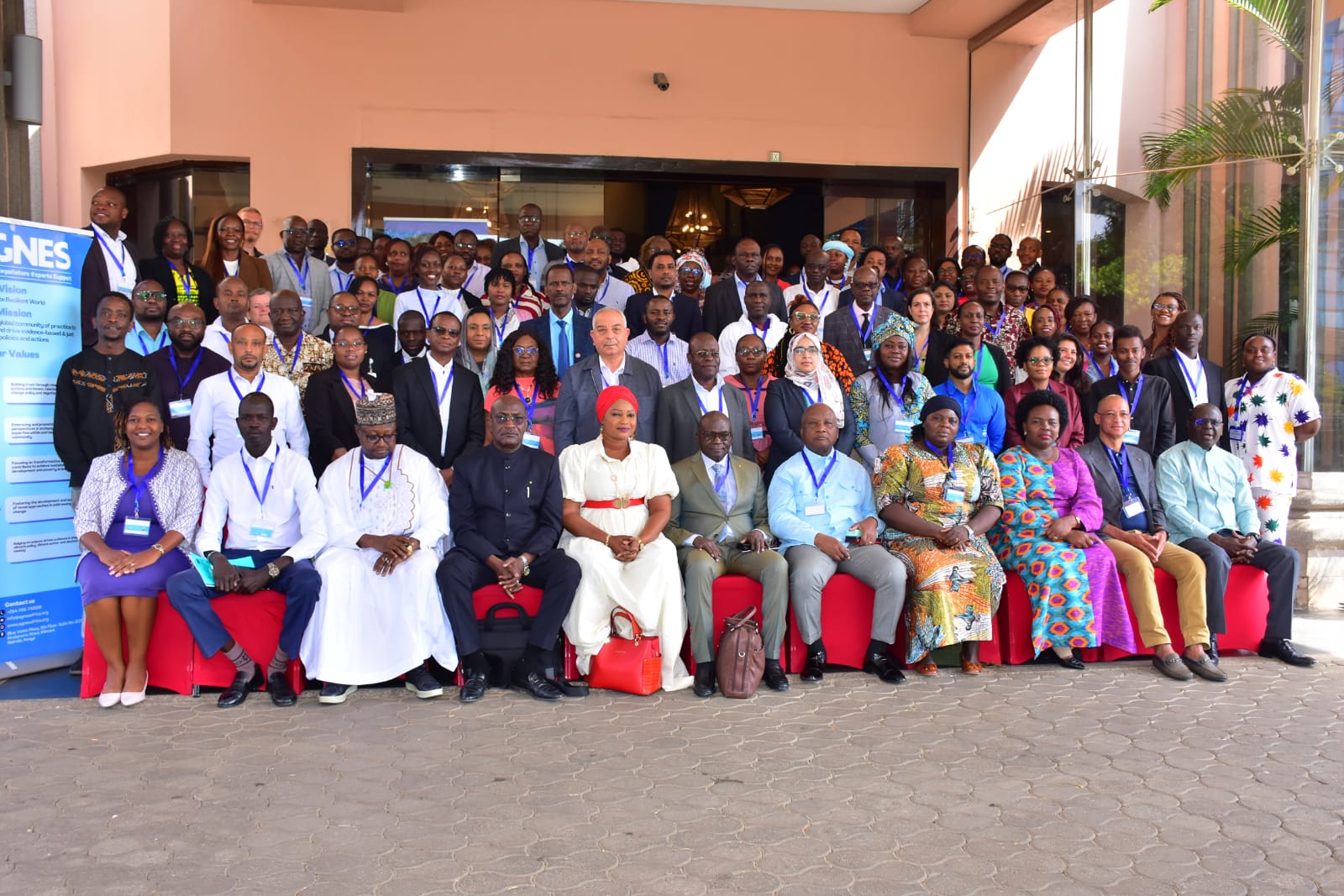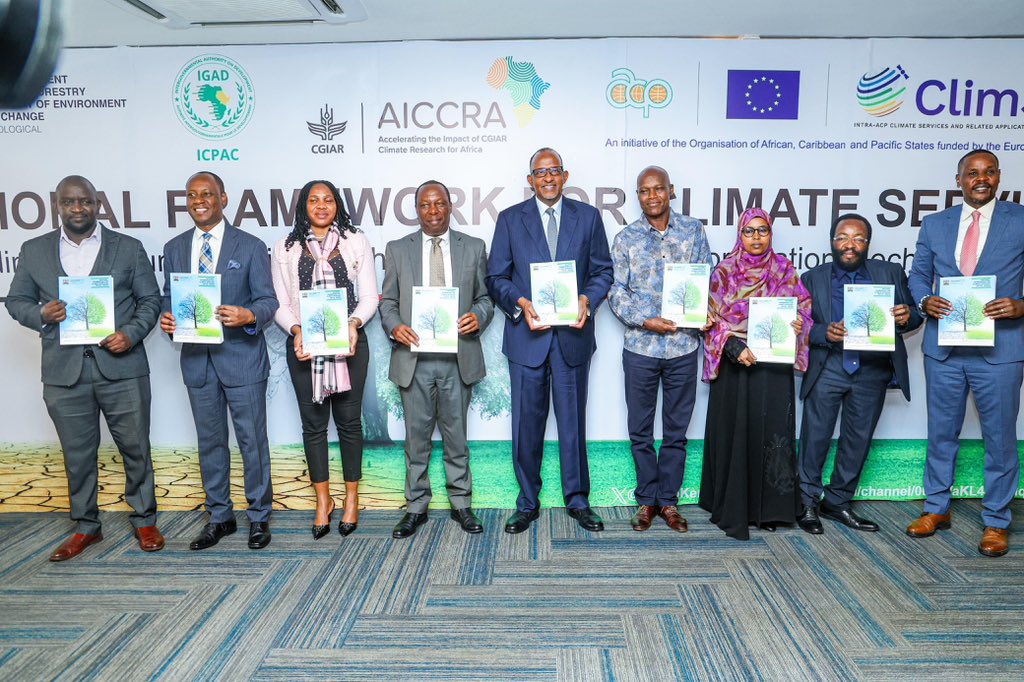By Eddah Waithaka
African nations have called on developed countries to fulfill their commitments to the Loss and Damage Fund meant for supporting communities bearing the brunt of the negative impacts of climate change.
In a statement following the Third African Regional Conference on Loss and Damage in Lilongwe, Malawi, African states said pledges and replenishments of funds should be honoured without delay.
“Previous Funds have faced deliberately-schemed long, tedious bureaucratic delays in deployment,” African leaders at the meeting said.
The Lilongwe Declaration states that good faith should be demonstrated by rapidly putting in place structures to ensure that communities affected by loss and damage are reached as soon as possible.
Africa called for an elaborate work plan for 2024, including a long-term fundraising and resource mobilisation strategy for new, additional, predictable and adequate financial resources to meet the growing needs of frontline communities.
Leaders urged developed countries to stop moving goalposts at Lilongwe conference.
The African countries said that the developed countries must be transparent and accountable in the contributions they make to the fund.
They warned against the repackaging of existing climate finance and humanitarian aid.
The conference said it was disappointed by the paltry amount of USD 700 million (Sh92.3 billion) pledged to the Loss and Damage Fund.
African nations described the pledges as “fatally inadequate to meet the recovery costs of a single episode of climate disaster such as that caused by Cyclone Freddy in Malawi, estimated at US$900 million (Sh118.709 billion)”.
The Loss and Damage Fund (LDF) operates within the broader climate finance framework of the United Nations Framework Convention on Climate Change (UNFCCC).
By assisting individuals and communities affected by climate-related loss and damage, the Fund addresses the third essential aspect of climate action.
The third essential aspect of climate change mitigation is the provision of assistance to individuals and communities affected by climate-related loss and damage.
Studies have shown that developing countries are the most vulnerable on the list and bear a disproportionate burden of the adverse impacts of climate change, including rising sea levels and extreme weather events such as floods and droughts.
According to the Intergovernmental Panel on Climate Change (IPCC), developing countries are 15 times more vulnerable to natural disasters than developed countries..
At the UN Climate Change Conference 2022 (COP27) in Egypt, an agreement was reached to create an LDF to help low-income developing countries offset the damage caused by natural disasters due to climate change.
The financial mechanism has been designed to provide critical support to vulnerable countries that are bearing the brunt of the challenges posed by climate change.
Also Read:https://switchmedianews.wordpress.com/2024/03/13/pan-african-climate-alliance-and-human-rights-institutions-unite-for-environmental-justice/
The Third African Regional Conference on Loss and Damage in Lilongwe sought to provide a platform for African stakeholders to develop strategies to accelerate access to LDF.
The Conference was hosted by the Pan-African Climate Justice Alliance (PACJA), Civil Society Network on Climate Change (CISONECC) and the Government of Malawi.
This was in partnership with Trocaire, Oxfam, Concern Worldwide, Save the Children, Habitat for Humanity, Give Directly, CARE International, Scottish Catholic International Aid Fund (SCIAF), ActionAid, Pelum Association and Christian Aid.
While mitigation deals with the causes of climate change (such as reducing greenhouse gas emissions) and adaptation with its effects (such as building sea walls to prevent flooding), loss and damage deals with the unavoidable and irreversible effects of the climate crisis.
Subscribe to Switch TV for more exciting content








Non-State Actors Express Concern over Santiago Network Advisory Board decision on Global Injustice
March 27, 2024[…] Read: https://switchmedianews.wordpress.com/2024/03/27/african-nations-call-for-action-to-help-communities…“As civil society organization, the Pan African Climate Justice Alliance, we vehemently […]